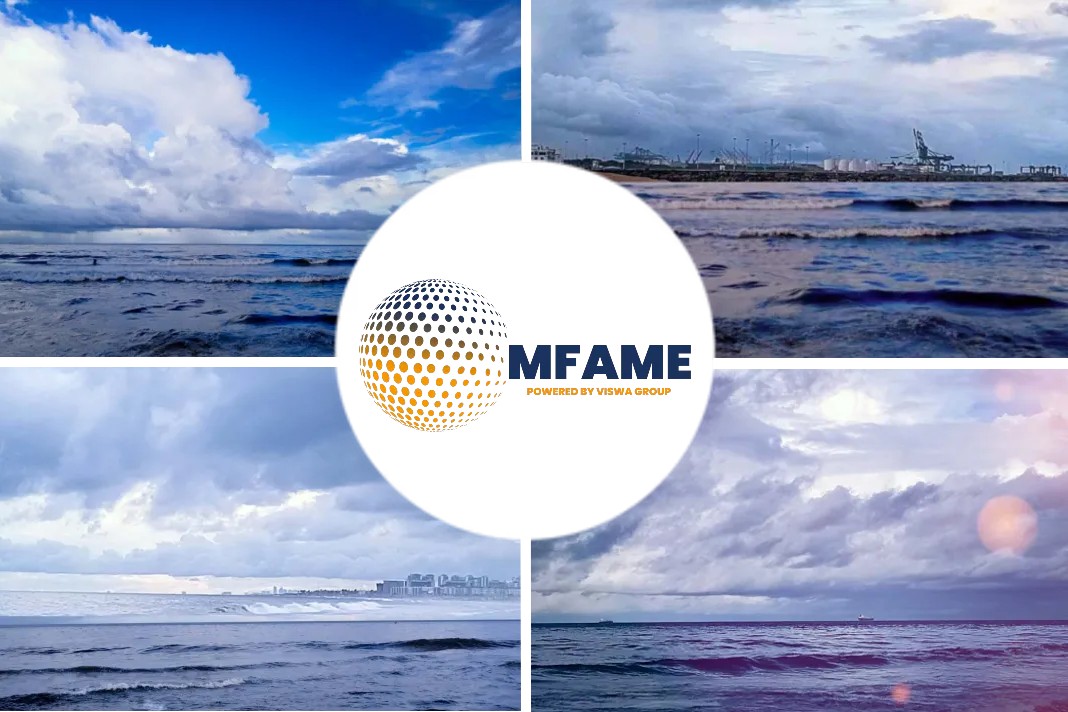
Orders are being given out in a hurry. The most recent companies to put sizable orders for methanol-fueled new buildings are CMA CGM, COSCO, and HMM.
Methanol is a solid alternative, according to the World Shipping Council, the industry’s top trade group, as reported by Riviera.
Active fuel option
The World Shipping Council’s technical director for environment and safety, John Bradshaw, stated that methanol is becoming increasingly attractive as a fuel option for container ships. Major liner companies such as AP Møller-Maersk, CMA CGM, and COSCO Shipping have invested billions of dollars in methanol dual-fuel newbuilds, with a combined total of close to 50 ultra-large container ships on order. According to ABS, methanol is the most popular alternative fuel for the container ship sector, making up 61% of the container ship order book so far this year. There are currently 66 methanol-fueled ships on the order book, which will require 3.5 million tonnes of fuel.
Bunkering challenges
Methanol’s cost advantages for container ships are highlighted by ABS global container sector lead Christoph Rasewsky, who explains that the cost per TEU for a compact 19,000-TEU methanol-fueled container vessel could be lowered to US$1,214 TEU versus US$1,086 for an average 15,000-TEU vessel. Additionally, a methanol-fueled ship with additional measures applied could potentially reduce emissions by 97% compared to a regular vessel. A working group on methanol bunkering, consisting of various stakeholders including government agencies, suppliers, manufacturers, and classification societies, has been established to address bunkering challenges.
Methanol bunkering
A multi-stakeholder working group has been formed to develop a Technical Reference (TR) for methanol bunkering in Singapore, the world’s largest bunkering hub. The TR will cover custody transfer requirements, examine all aspects of bunkering, including operational and safety requirements, and cover crew training and competency. The development of such standards is crucial to building confidence in the use of methanol as a fuel, enhancing safety, and providing a practical framework for its use in bunkering.
Did you subscribe to our newsletter?
It’s free! Click here to subscribe!
Source: Riviera





















